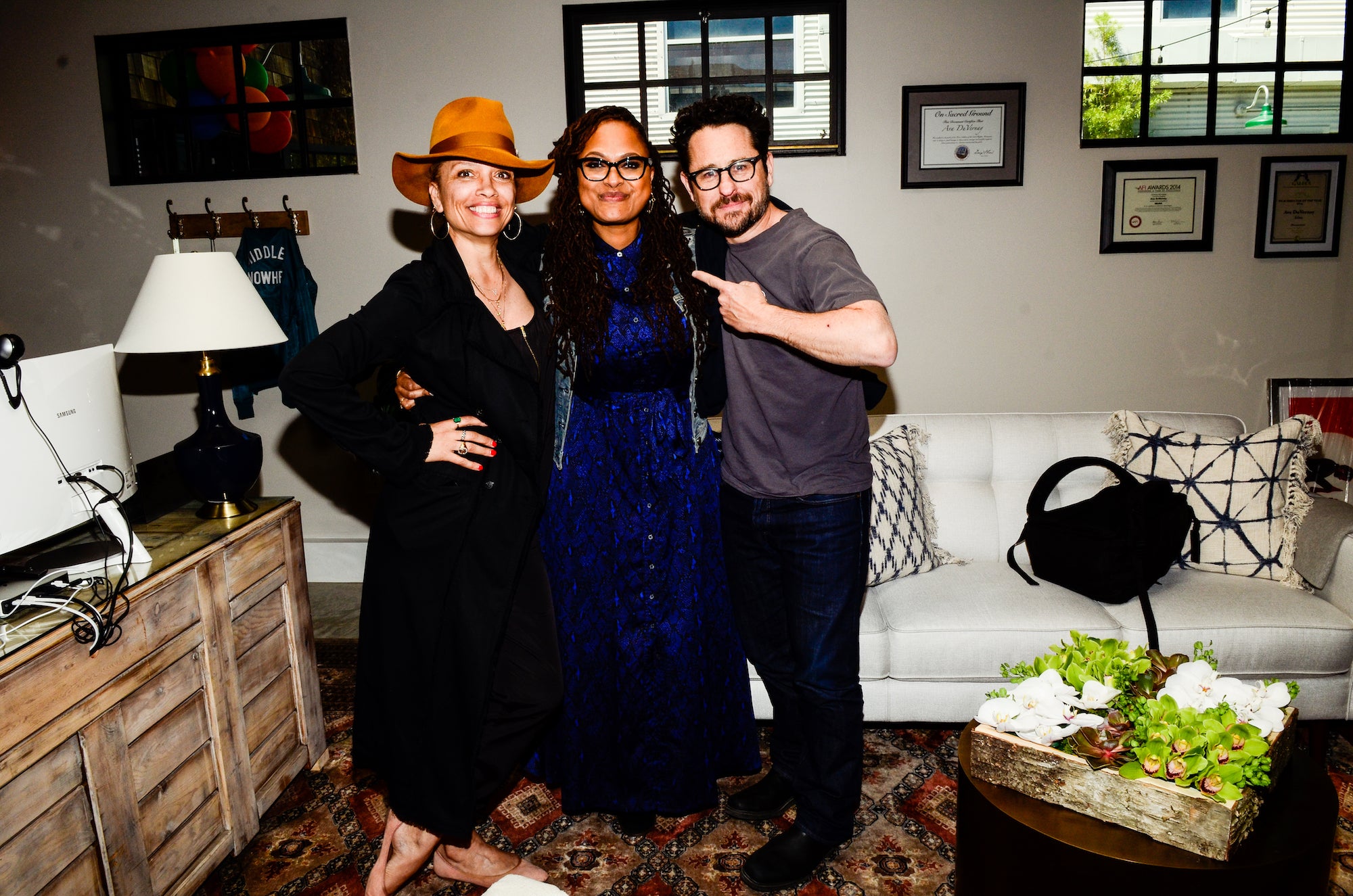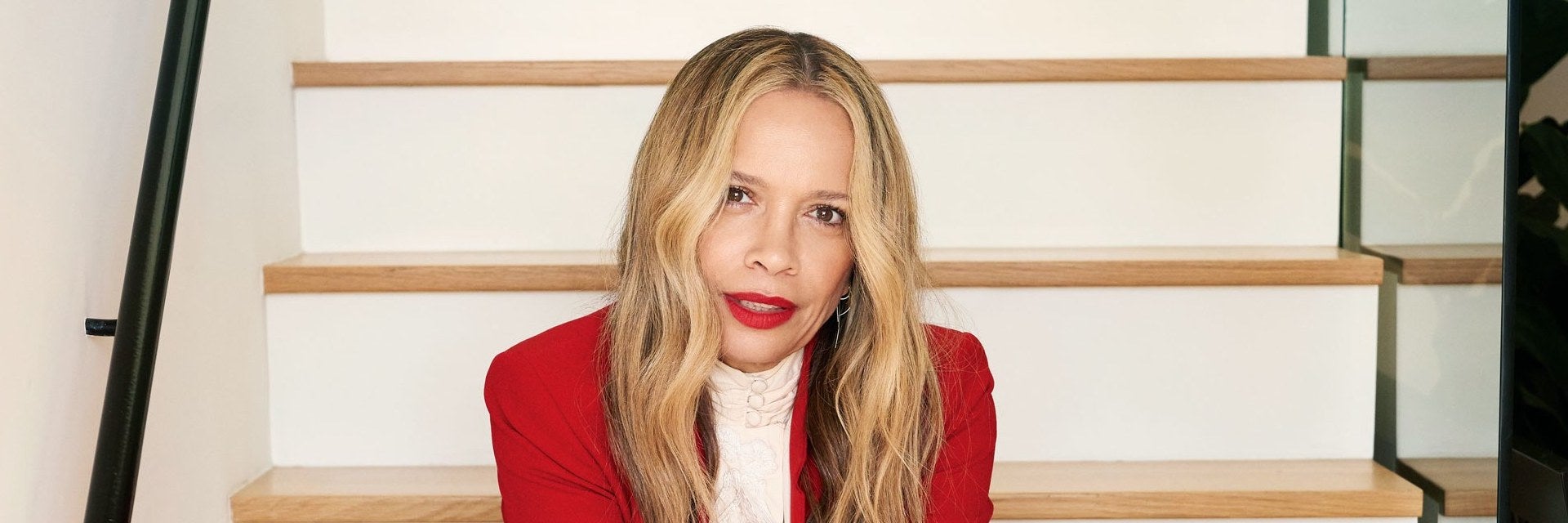Unsurprisingly, Star Wars: Episode IX: The Rise of Skywalker has found major success at the box office but it’s the history being made behind the camera that’s also captured our attention.
Director Victoria Mahoney, who’s stepped behind the camera for Queen Sugar, Power, Claws and recently the upcoming series Lovecraft Country, is the first woman ever to direct in the Star Wars franchise, serving as the second unit director for The Rise of Skywalker.
Speaking with ESSENCE, Mahoney says the opportunity came about with director Ava DuVernay suggested her to The Rise of Skywalker director JJ Abrams.
“Abrams had a list of directors. I guess the list might have been similar in some ways and he wanted to see different lists. He called Ava DuVernay and asked her if she had a list. Ava said, ‘I do have a list, a great list, but I’m not going to give it to you. I’m going to give you one name and one name only. That’s Victoria Mahoney.’ He proceeded to call me himself without any go-between. It was very straight forward. We met a few days later, we sat, and we chatted as filmmakers and we just talked as filmmakers and then we went along about it.”

It’s a big moment, one not lost on Mahoney, who jokes, “I knew the gravity in the sense that I was not going to be the person to screw it up.” But as she steps behind the camera for the franchise, she’s helping to usher in a new era for Star Wars, one that includes women calling the shots.
Director Debra Chow is the first female director of a live-action Stars Wars story, directing the third episode of The Mandalorian, streaming on Disney+. She’s joined by Bryce Dallas Howard, who directs episode four.
“It brought me great, great, great joy to watch social media blow up when Debra Chow’s episode aired,” Mahoney said. “The only thing anyone was talking about was how ferocious it was and how sick the frames were and how incredible the action was. Then, like an hour later, people, geeks, fanboys, everyone was like, ‘That was Debra Chow.’ It was just so exciting to watch.”
Mahoney hopes to continue to see more women behind the camera. Listing the likes of DuVernay, Lulu Wang, Agnès Varda and Nadine Labaki as women who’ve inspired her, the director hopes to pay it forward.
“The wonderful thing is that it’s not a responsibility,” Mahoney says when asked if she feels a responsibility to keep the door open for other women. “It’s an instinct,” she said. “I came up in a moment in time where I go on studio lots, I walk into offices, I go on sets and quite often, I mean you can go to certain places in LA, and I won’t see anyone that looks like me. It’s not like this is just within the film industry. I know this happens in tech, math, science, the art world, we know it. It’s everywhere. Education, it’s in medicine. And it’s never been fun. It’s not special. I don’t like it.”
Mahoney continues. “Part of my need to bring other people along is maybe selfish because I don’t want to walk on to a studio a lot or on a set and be the only one of anything.” Although she’s breaking the mold as the first, thankfully Mahoney’s ensuring she’s not the last.
